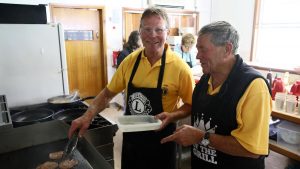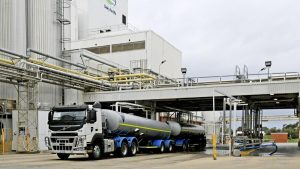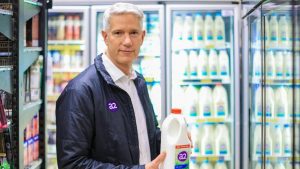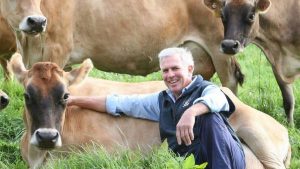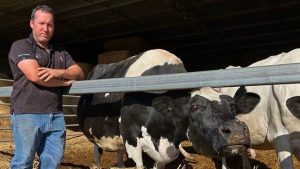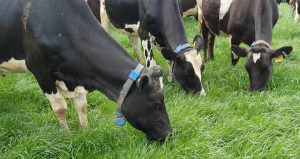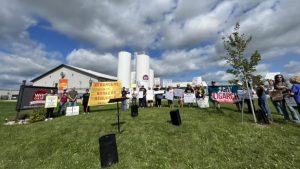
Climate Change Minister Chris Bowen confirmed Australia would sign the pledge to reduce methane emissions by 30 per cent by 2030, joining 120 other countries who had already agreed to the proposal put forward by US President Joe Biden.
Mr Bowen said the pledge does not require Australia to focus solely on agriculture, or reduce agricultural production or livestock numbers, nor would the government legislate or introduce taxes or levies to reduce livestock emissions.
NSW Farmers president Xavier Martin said Mr Bowen, along with the Prime Minister and Agriculture Minister, should sign a statement that farmers would not be left worse off under the Methane Pledge.
“We’ve been told that farmers will be excluded, but the same thing happened in New Zealand and now they’re experiencing the disastrous impact of these international agreements,” Mr Martin said.
“Australia cannot afford to put global appearances ahead of our ability to feed and clothe ourselves, and our government should make an iron-clad assurance – in writing – that agriculture will not be impacted by Joe Biden’s methane pledge.”
Agriculture Minister Murray Watt said the industry had already committed itself to carbon neutral meat production by 2030, and the government was catching up to the industry’s ambitions.
“By signing the pledge, we are putting Australia’s ag sector on a level playing field with our trade competitors.
“Increasingly our trading partners are wanting to do deals with countries that demonstrate a stronger commitment to sustainability.”
Mr Watt said the global market was increasingly hungry for low-emission products and also announced $5 million in grants for projects researching methane-reducing feed supplements for livestock.
Cattle Council chief executive John McGoverne supported the pledge and said the industry’s levies had already been heavily invested in feed additives, such as asparagopsis seaweed, that could cut emissions by more than 90pc.
“The Australian beef industry is already on track to reach net zero emissions without reducing livestock numbers,” Mr McGoverne said.
Red Meat Advisory Council chief Alastair James said the industry had committed to being carbon neutral by 2030 and it was currently just shy of 59pc of the way there.
“Industry quite some time ago set itself its own target because sustainability of the red meat and livestock industry is key,” he said.
“So we’re very, very comfortable with the approach that the industry is taking in achieving that goal.”



